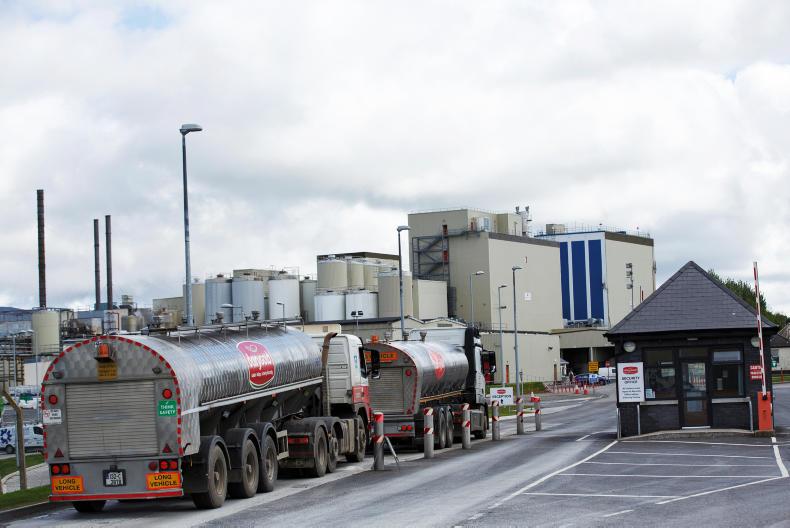In recent years, the overstatement of GDP has been widely discussed.
Clearly, GDP figures are unreliable for Ireland with such a large amount of foreign direct investment. The reality is that Ireland’s real income and the real income of its citizens is hugely overstated by the conventional measures.
So a measure of economic performance that takes away patent, money and profit transfers and focuses on Irish economy impacts was clearly needed.
Eurostat publishes a more accurate assessment of EU national incomes called actual income consumed. Under this measure, Ireland’s real income is about 95% of the EU average, whereas the distorted GDP figure shows us at 177% of the EU average.
Wealthiest
Ireland goes from being the second-wealthiest country in the EU to the 11th wealthiest, just below Italy.
In addition to the new Gross National Income (GNI) measure, there is also an annual survey which measures the expenditure of both local and multinational businesses in the Irish economy.
This survey, published by the Department of Enterprise and Jobs, gives an interesting insight as to the real performance of the Irish economy.
The Annual Business Survey of Economic Impact is a survey of approximately 4,200 client companies of Enterprise Ireland, IDA Ireland and U´dara´s na Gaeltachta.
The survey delivers a much more accurate gauge of the actual performance of the Irish economy at a number of levels.
In particular, it demonstrates the difference between the sales and exports that are declared by multinational companies through their Irish businesses and their actual spend in the Irish economy.
For example, in 2015 total sales were €196bn. Expenditure in the Irish economy by all companies was €42bn, of which €20bn was spent by FDI (foreign direct investment) companies, with the bigger portion, €22bn, spent by domestic Irish companies.
Food and drink companies accounted for €14bn or 33% of all expenditure or 64% of indigenous company spend.
The survey attempts to measure the real economic impact of multinational companies on the Irish economy – €20bn – not the €122bn exports figure which is used quite often.
Given that agriculture is not included in the survey and it spends about €5bn in the Irish economy, the true economic impact of the agri food sector is just about equal to the impact of all multinationals.
For example, we know that investment in dairy expansion to exploit milk quota removal has been comprised of €1bn at processing level and another €2bn on-farm.
This shows that direct Irish economy expenditure is a much more relevant measure of real Irish economy performance than sales, exports or GDP figures.
And from this, the Irish agri food and drink sector in terms of jobs and incomes is by far the single most influential sector across the Irish economy.
As has been said before, a growing, well-invested agri food sector is key to not just regional economic development in Ireland but to overall national wealth creation.
Indigenous companies
It is time the commentary and policy debate about the Irish economy becomes more focused on indigenous companies rather than on the FDI sector.
That said, there is no conflict between pursuing growth in the two sectors. In fact, as the lessons of the Celtic Tiger years show, it is absolutely vital that we have a number of economic horses in the growth race.






 This is a subscriber-only article
This is a subscriber-only article





SHARING OPTIONS: